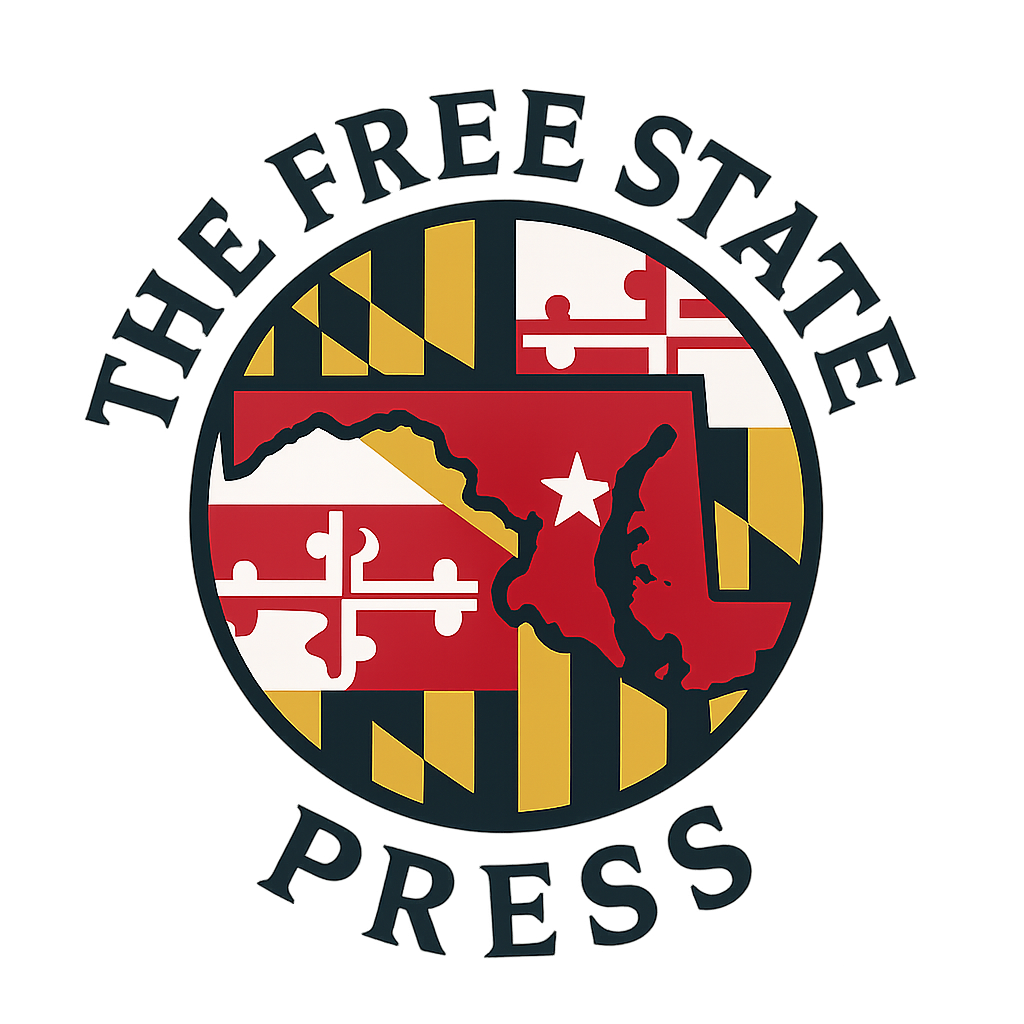Maryland lawmakers have joined more than 100 members of Congress pushing for the release of federal home heating assistance funds, just days before state health officials announced the first cold-related death of the season.
The Maryland Department of Health reported Friday that a man between the ages of 30 and 40 was found dead outdoors in Frederick County of weather-related causes, the first cold-related illness death of the 2025-2026 winter weather season. Last year, the state recorded 75 such deaths over the winter, the most in five years, according to state data.
The health department is urging Marylanders in need of heat to reach out to their local health departments or call the 2-1-1 line to find the nearest warming center or overnight shelters.
The death comes as a bipartisan group of House members is urging the Trump administration to release federal energy assistance dollars that help low-income families afford their energy bills in the winter.
The Low-Income Home Energy Assistance Program, or LIHEAP, was paused during the recent 43-day government shutdown, along with other federal assistance programs suspended during that time. But while other project funding began to flow after the shutdown ended, the administration has not released LIHEAP funding to states that administer the program.
Three Maryland Democrats — Reps. Glenn Ivey (D-4th), April McClain Delaney (D-6th) and Kweisi Mfume (D-7th) — joined 100 other House members on a bipartisan letter calling on Health and Human Services Secretary Robert F. Kennedy Jr. and Office of Management and Budget Director Russell Vought to release the LIHEAP funds as soon as possible. Rep. Kweisi Mfume (D-7th) speaking to reporters outside the Capitol during the federal government shutdown. (Photo by Sam Cohen/Capital News Service)
Mfume notes that around 100,000 Maryland households rely on LIHEAP to afford their energy bills, including 37,000 in Baltimore City and Baltimore County.
“For my constituents, this program is not a luxury – it is the difference between a paid utilities bill or a freezing home,” Mfume said in a written statement Friday.
While an executive order from the Moore administration helped stave off a lapse in benefits for November, the letter from congressional members warns that without “swift” federal action, LIHEAP payments may not make it out to Marylanders and other struggling families until January.
“It is unacceptable to leave them guessing as to whether the heat will still be on come the holiday season,” Mfume said. “The beneficiaries of this program, many of them seniors and veterans, cannot be left to shiver in the cold this winter.”
LIHEAP is a federally funded energy assistance program aiming to help lower-income households afford their utility bills during both the high temperatures of summer and the cold winter weather.
The stopgap budget that funded government operations and reopened the government included funding for LIHEAP at 2024 levels. For Maryland that was about $95 million, to cover just over 94,000 households in fiscal 2024, according to federal data.
But those dollars are not yet available to states.
The letter says that “flurry of chaotic firings at HHS in April,” may have resulted in a significant number, if not all, of LIHEAP staff getting laid off, which could be delaying payment for November.
“The Administration’s reckless firings of all LIHEAP staff will only prolong these delays, as it is unclear who will approve states’ program plans and manage the release of the funds now that funding has been approved,” the joint letter says. “While States and community organizations are working to provide emergency relief, it has been estimated that seniors and families may be without LIHEAP assistance until January.”
Maryland commits $62 million to fund share of November SNAP benefits USDA won’t pay for
“With the winter months approaching and extreme heat becoming increasingly frequent,” the letter reads, “families may soon be faced with the impossible choice between keeping their homes at a safe temperature and putting food on the table or affording their medications.”
Earlier this month, Gov. Wes Moore (D) issued an executive order to shuffle $10.1 million from the Strategic Energy Investment Fund to cover the LIHEAP payment gap in November, to “ensure Maryland households can continue to heat their homes and power essential household and medical equipment, particularly as colder winter months approach.”
This action avoided a disruption in LIHEAP payments for Marylanders in November, according to state officials, but Moore has warned against tapping into the state’s limited funding to help fill in when federal dollars are not available amid Maryland’s tight fiscal situation.
Meanwhile, cold temperatures in Maryland have already resulted in a fatality this year.
“Maryland’s first cold-related death of the year emphasizes the importance of resources and preparedness during the coldest months,” the department said in a Friday advisory.
“To prevent the onset of cold-related illnesses, including hypothermia and frostbite, Marylanders should limit their time outside and wear several layers of lightweight, insulated clothing to avoid exposure to cold weather,” the announcement said. “Be sure to insulate your toes, fingers, ears, cheeks, and the tip of your nose.”
Maryland Matters is part of States Newsroom, a nonprofit news network supported by grants and a coalition of donors as a 501c(3) public charity. Maryland Matters maintains editorial independence. Contact Editor Steve Crane for questions: editor@marylandmatters.org.
Discover more from The Free State Press
Subscribe to get the latest posts sent to your email.

